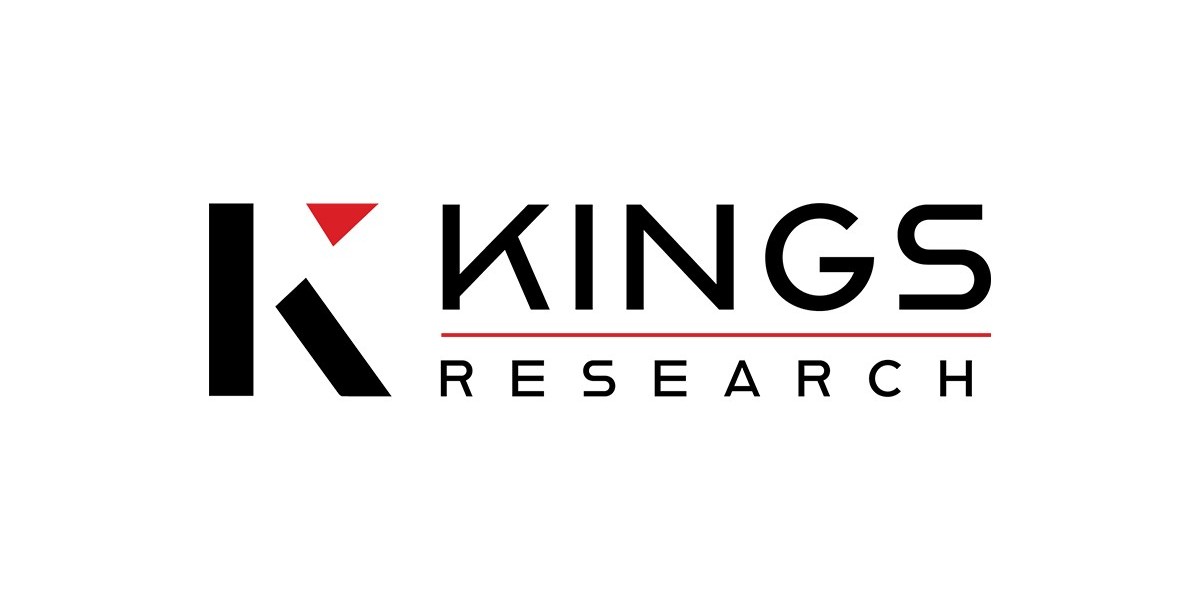Car financing in Pakistan has become an increasingly popular option for individuals seeking to purchase a vehicle without bearing the entire cost upfront. Over the years, government policies have played a crucial role in shaping the car financing landscape in the country. These policies have had a significant impact on interest rates, loan approval processes, and the accessibility of car loans for potential buyers. In this blog, we will explore how government policies influence car financing in Pakistan and what this means for consumers.
1. Interest Rate Policies
One of the most direct ways in which government policies affect car financing is through the central bank’s interest rate policies. The State Bank of Pakistan (SBP) sets the benchmark interest rates, which in turn influence the rates charged by commercial banks for loans, including car financing. When the SBP raises interest rates to combat inflation, banks generally increase their lending rates, making car financing more expensive for consumers. Conversely, when the central bank reduces interest rates to stimulate economic growth, financing becomes cheaper and more accessible.
Impact: A rise in interest rates can make car loans more expensive, while lower interest rates can encourage more consumers to take out loans.
Why It Matters: The government’s monetary policy directly affects the affordability of car loans. Higher interest rates can deter potential buyers, while lower rates can make car financing more attractive.
2. Import and Taxation Policies
Import policies and taxes on automobiles also have a significant impact on car financing. The government of Pakistan has implemented various import duties and taxes on both new and used cars, which can influence the cost of the vehicle being financed. For instance, higher import duties on foreign cars and additional taxes on luxury vehicles result in higher car prices, which in turn affects the loan amount that consumers need to take out.
Impact: Higher taxes and duties on imported cars increase the overall cost of the vehicle, leading to higher loan amounts and monthly installments for buyers.
Why It Matters: Buyers seeking financing for imported vehicles may find that government taxes and duties make these cars more expensive and may require larger loans. Additionally, local manufacturers may pass on production costs to buyers.
3. Car Loan Limit Regulations
The government has also implemented policies to regulate the amount of loan a bank can issue for car financing. Historically, the government has imposed limits on car loans based on the value of the car. These regulations are designed to prevent over-leveraging and encourage responsible borrowing. For example, a borrower may only be able to finance up to 80% or 85% of the car's value, with the remainder paid as a down payment.
Impact: These loan limits can impact the affordability of financing, as buyers need to pay a larger down payment upfront. On the flip side, these measures can reduce the risk of default for lenders.
Why It Matters: While higher down payment requirements can make financing less accessible for some, they also reduce the risk for financial institutions, which may lead to lower interest rates in the long term.
4. Regulatory Support for Financial Institutions
The government has also made efforts to improve the ease of car financing by providing regulatory support to financial institutions. This includes facilitating banks and other lending institutions with policies that streamline the loan approval process, reduce the cost of lending, and ensure transparency. In recent years, initiatives like the introduction of digital platforms for loan applications and approvals have made it easier for consumers to access car financing.
Impact: Regulatory support helps reduce bureaucratic hurdles, making it easier and faster for buyers to secure car loans. Financial institutions may also offer more competitive terms to attract borrowers.
Why It Matters: As government policies encourage financial inclusion, more consumers are able to access car financing, especially those who may not have had access to traditional banking services.
5. Policies to Promote Local Manufacturing
The government has introduced several policies aimed at promoting local car manufacturing in Pakistan. These include tax incentives for local manufacturers, reduced duties on locally produced cars, and subsidies on car components. As a result, locally manufactured cars are generally cheaper than their imported counterparts, making them more accessible to consumers seeking financing.
Impact: Government policies favoring local manufacturing help reduce the overall cost of vehicles, thereby lowering the amount of financing required for car purchases. Additionally, these policies can lead to more affordable monthly payments for consumers.
Why It Matters: By promoting local production, the government can help keep car prices lower, thereby reducing the financial burden on buyers. This, in turn, makes car financing more manageable for a larger segment of the population.
6. Consumer Protection and Loan Default Regulations
The government of Pakistan has put in place consumer protection laws that govern loan defaults and car repossessions. For instance, if a borrower defaults on a car loan, the financial institution has the right to repossess the vehicle. However, the government has introduced certain regulations to ensure that the process is fair and transparent, protecting consumers from being unfairly penalized or exploited by lenders.
Impact: Clear regulations regarding defaults and repossessions provide a safety net for consumers, offering more confidence in taking out a loan.
Why It Matters: Strong consumer protection laws encourage borrowers to apply for car loans with peace of mind, knowing that their rights are safeguarded in case of financial difficulty.
7. Promoting Green and Electric Vehicles
In line with global trends, the Pakistani government has begun to promote environmentally friendly vehicles, including electric cars (EVs). Tax incentives, reduced import duties, and other benefits are being offered to both manufacturers and buyers of electric cars. This can influence car financing, as buyers of electric vehicles may receive preferential financing terms.
Impact: Incentives for electric cars can reduce the initial cost of EVs, making them more affordable and attractive to consumers seeking financing.
Why It Matters: As the government incentivizes the purchase of environmentally friendly cars, car financing options for EVs may become more favorable, encouraging buyers to opt for green vehicles.
8. Impact of the Automotive Development Policy
The government has introduced the Automotive Development Policy (ADP) to revitalize the automotive sector. The ADP aims to increase competition, encourage investment, and support the growth of the local automobile industry. This policy impacts car financing by potentially lowering the cost of locally manufactured vehicles and offering more financing options for consumers.
Impact: The ADP creates a competitive market, leading to better financing options and competitive pricing for consumers.
Why It Matters: With more players entering the market, consumers can expect better choices and financing deals, especially for locally produced cars.
Conclusion
Government policies in Pakistan have a profound impact on car financing, shaping everything from interest rates to the availability of financing options and the cost of vehicles. By influencing the economic environment, regulating financial institutions, and supporting local manufacturers, these policies determine how accessible and affordable car financing is for consumers. As the government continues to adjust its policies to encourage economic growth, car buyers should stay informed about the latest regulations and incentives to make the most of their financing options.










